Housing First: Why Immediate Housing Solutions Are Key to Ending Veteran Homelessness
7/1/20242 min read


The "Housing First" approach has become a critical model in addressing and ending veteran homelessness. Unlike traditional programs that often require individuals to engage in treatment or achieve sobriety before receiving housing, Housing First prioritizes providing permanent housing as the first step. This model is based on the idea that stable housing is a foundational need, enabling veterans to address other challenges, such as mental health issues, substance abuse, and employment stability, from a place of security.
Why Housing First Works for Veterans
Veterans are particularly vulnerable to homelessness due to unique challenges they may face upon returning to civilian life, including mental health struggles like PTSD, limited social support, and difficulties transitioning skills into civilian jobs. The Housing First approach helps break the cycle of homelessness by providing immediate access to safe, stable housing, allowing veterans to regain a sense of dignity and stability that can support their overall recovery.
Studies have shown that Housing First reduces homelessness more effectively than transitional or treatment-first programs. It achieves high success rates in keeping individuals housed long-term while reducing costs associated with emergency services, shelters, and law enforcement. Once veterans are housed, caseworkers and support services can work more effectively with them to address the root causes of homelessness, whether that involves connecting them to VA benefits, mental health services, or job training programs.
Key Components of Housing First
Immediate Housing with No Preconditions: Veterans receive housing without requiring prior treatment, making housing an immediate right rather than contingent on sobriety or program participation.
Supportive Services: Housing First incorporates supportive services that help veterans maintain housing and work on personal goals at their own pace, fostering long-term stability.
Choice and Autonomy: Veterans can choose the type of housing that best suits them, empowering them to take control of their lives in a stable environment.
Successful Housing First Programs
Programs across the U.S., such as those operated by the VA’s Supportive Services for Veteran Families (SSVF) and HUD-VASH (Housing and Urban Development-Veterans Affairs Supportive Housing), exemplify the success of Housing First. These programs provide rental assistance combined with intensive case management, offering veterans a stable environment as they work toward self-sufficiency.
In conclusion, Housing First is essential for ending veteran homelessness because it meets veterans’ immediate need for shelter, provides a foundation for tackling other life challenges, and fosters long-term stability. By prioritizing housing as a primary solution, communities can support veterans in building a path to health, independence, and community reintegration.

Headquarters:
980 9th Street, #780, Sacramento, CA 95814
916-604-8067
info@legacyveterans.org


Los Angeles Office
1100 Glendon Ave, #580, Los Angeles, CA 90024
213-260-1719
Houston Office:
11757 Katy Fwy, #990, Houston, TX 77079
713-832-1350
